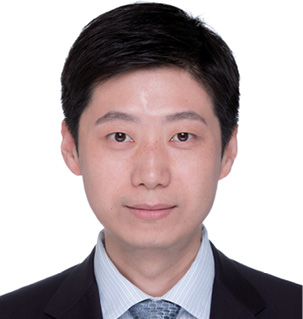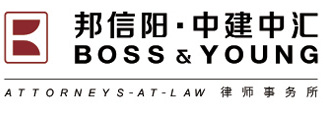Private equity funds are banned from investing through “debt investment approach” in “ordinary residential projects in cities where the housing market is red hot” by the Administrative Guidelines Concerning Filing of Private Asset Management Plans of Securities and Futures Firms No. 4: Investment by Private Asset Management Plans in Real Estate Developers and Projects (No.4 guidelines) issued by the Asset Management Association of China (AMAC) on 13 February 2017, which set out regulatory requirements in relation to underlying assets and investment approaches.

DAI TIANXIAO
邦信阳中建中汇律师事务所
合伙人
Partner
Boss & Young
According to the No.4 guidelines, no restrictions are imposed on equity investments that are authentic, i.e., of good faith. However, the guidelines do not clarify whether an investment that combines authentic equity investment with a loan is allowed for filing. In some funding arrangements for real estate projects, the investments are structured in such a manner that PE funds hold both equity and shareholder loan in the fund seekers. On most occasions, equity holding is designed for credit enhancement so that risks are brought under control, or an equity repurchase arrangement is in place as an alternative, so they are not authentic equity investments. The practice is known as “fake equity, real debt”.
The “equity plus debt” structure is also adopted by some real estate acquisitions. Typically, the acquiring fund establishes a limited liability company as the acquirer (usually a special purpose vehicle), in which the capital raised is invested partly as capital contribution, and partly as loan. Such a structure is designed mainly for tax planning considerations. Income of the special purpose vehicle (SPV), generated from operations of the real estate, is distributed to the fund by way of principal and interest payment under the loan. The remaining income, if any, is distributed as after-tax dividends. In this way corporate income tax of the SPV is reasonably minimized during its term of business.
You must be a
subscribersubscribersubscribersubscriber
to read this content, please
subscribesubscribesubscribesubscribe
today.
For group subscribers, please click here to access.
Interested in group subscription? Please contact us.
你需要登录去解锁本文内容。欢迎注册账号。如果想阅读月刊所有文章,欢迎成为我们的订阅会员成为我们的订阅会员。
Dai Tianxiao is a partner at Boss & Young





























